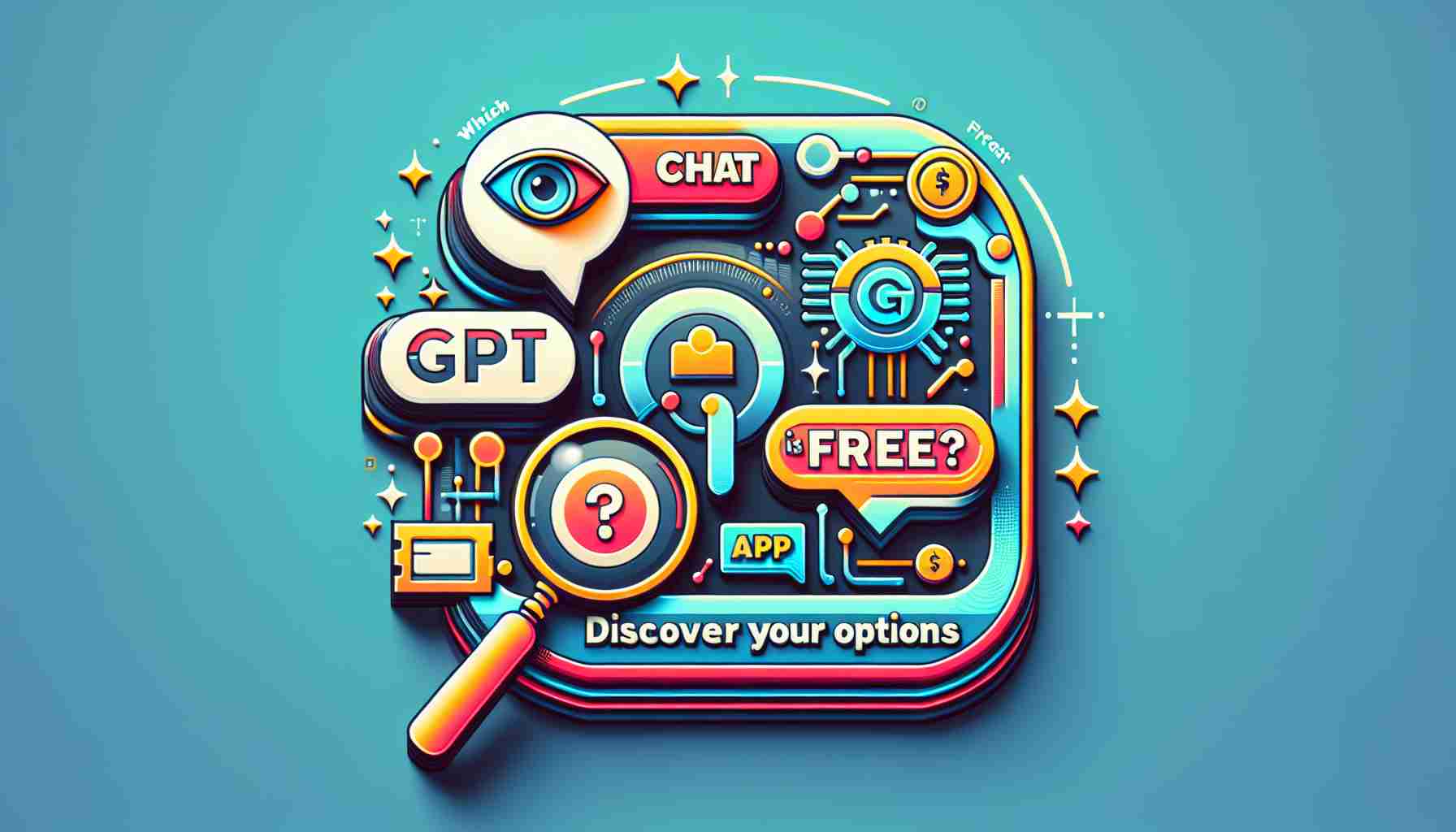With the growing interest in conversational AI, many users are eager to explore Chat GPT models for free. But which version or application is genuinely free of charge? Let’s dive into some available options to find out.
One of the most popular platforms offering free access to Chat GPT technology is OpenAI’s own ChatGPT web app. OpenAI released a free tier of ChatGPT for users to interact with their models directly through a web-based interface. This free version usually includes the most recent updates and features, albeit with some usage limitations to ensure broad access to many users without overloading the system.
For those looking for mobile experience, a variety of apps available on both iOS and Android also offer free access to OpenAI’s technology. Applications like Replika and AI Dungeon provide interactive chatbot experiences, leveraging advanced AI to simulate human-like conversations and storytelling, often built upon OpenAI’s GPT models. While these apps offer free versions, they may include premium features or subscriptions for enhanced capabilities.
Aside from standalone apps, many developers and tech enthusiasts utilize free APIs available through platforms like Hugging Face. Their free tier allows users to integrate AI models into their own applications or scripts, providing an open window to GPT technologies.
In conclusion, whether through OpenAI’s official avenues or third-party applications, there are numerous ways to access Chat GPT for free. Though options may vary in terms of capabilities and usage limits, there’s plenty for everyone to explore and enjoy the innovative world of conversational AI.
Discover the Hidden Costs of Free AI: What You Need to Know
As interest in AI-driven conversational platforms skyrockets, understanding which Chat GPT applications are genuinely free is crucial. Are there hidden trade-offs with these no-cost options, or could the fine print change everything?
While many platforms offer free access to Chat GPT, it’s important to note that user experience may be limited by monthly usage caps and throttled processing capabilities. For instance, OpenAI’s ChatGPT web app provides users access without any monetary exchange, but when user demand surges, performance can degrade, leading to less immediate responses due to server load balancing.
But what about apps available on mobile devices? With free versions on Replika and AI Dungeon, users can engage with conversational AI without a direct financial barrier. However, they often face subtle nudges towards premium subscriptions for enhanced interaction quality and access to additional features.
So, how does the “cost-free” label affect people and communities? In regions where financial resources are scarce, these free tools democratize access to AI, allowing educational engagement and entertainment without added expenses. Yet, these services can be limited by internet connectivity, potentially widening the digital divide.
Moreover, do free APIs, like those on Hugging Face, really benefit developers? While offering a springboard into AI, they may impose strict usage restrictions, prompting developers to upgrade or face abrupt service interruptions.
For more details on conversational AI and its offerings, explore the main domains of OpenAI and Hugging Face to learn how these platforms continue to evolve and influence the future of AI accessibility.






















